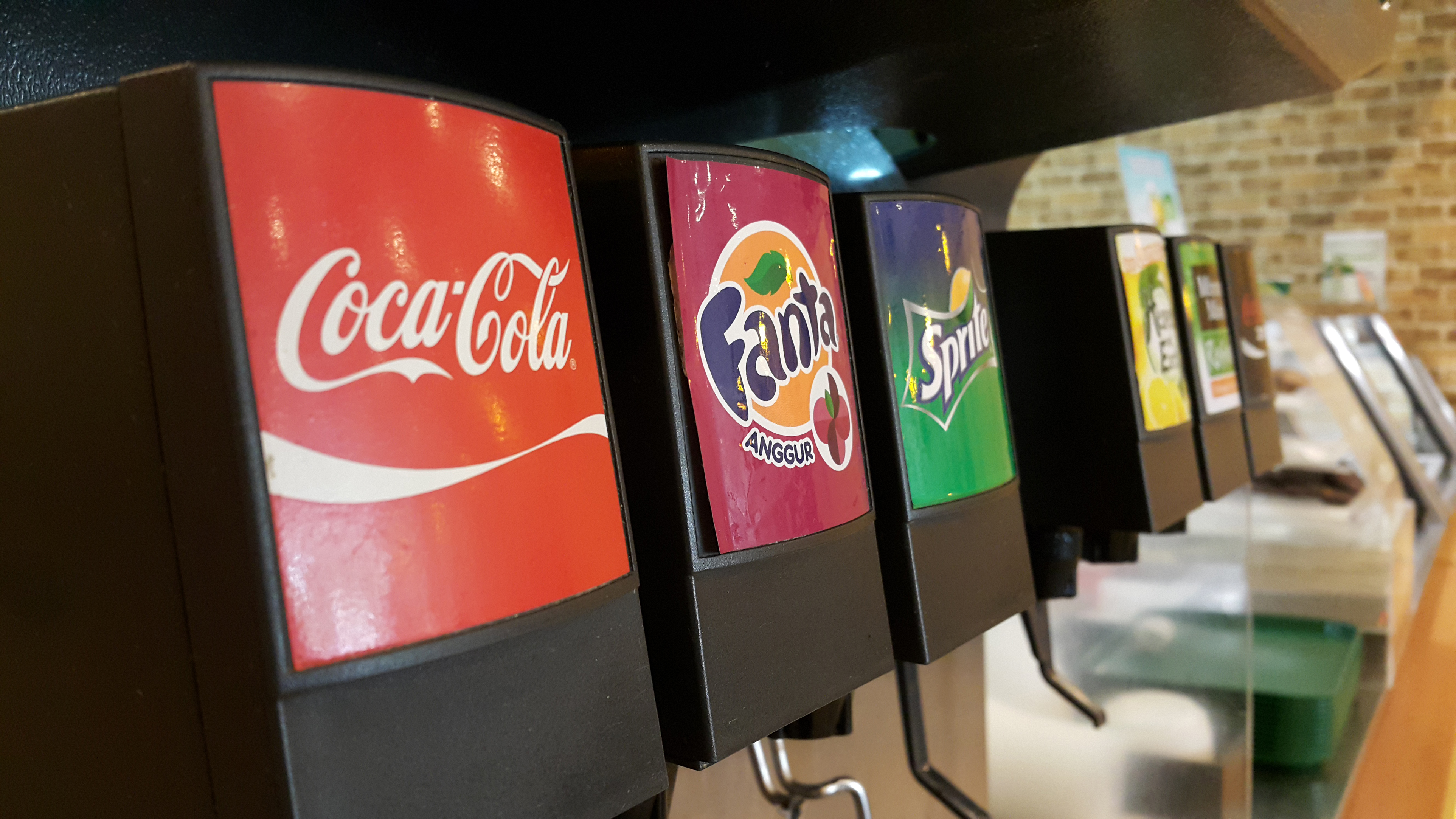Soda Fountains Are Way Gnarlier Than We Knew
There's one area on a soda machine that's particularly friendly to bacterial growth.
Soda fountains are such a mundane part of modern life that you hardly notice them; they're pretty much everywhere now, and the act of filling up your cup has become so commonplace that you probably don't think twice about it. But Parade magazine writes that a recent study, published in August by the International Water Association, suggests that a fair amount of the fountains we've grown used to using might be contaminated with some pretty nasty bacteria—the kind that can make people sick.
How soda fountains harbor bacteria
The study, conducted by researchers at Loma Linda University, focused on testing water dispensed at fast food restaurants (specifically from soda fountains) in the Eastern Coachella Valley in California. It was found that 42% of the samples indicated the presence of coliform bacteria, a clear marker for contamination.
Bacteria such as salmonella, E. coli, and Pseudomonas aeruginosa were present in some of those samples, all of which are capable of causing severe illness. There's a specific reason why soda fountains can foster the growth of such bacteria, and it all comes down to their tubing.
Inside a soda fountain, several boxes of flavored syrups are connected to the dispenser via plastic tubes, and this tubing has a sticky surface. This means that biofilm, collections of microorganisms, have something substantial to cling to, even as liquid is being pumped through the tubes. Thus, the machine becomes a potential breeding ground for the coliform bacteria that can cause health issues.
Even if a restaurant follows health and safety standards when operating—and we like to think that most do—standard procedure doesn't necessarily keep the piping clean enough to avoid biofilm. A restaurant can be fully up to code, down to full regular maintenance of the soda fountains, but the bacteria can still be present if the tubes haven't been cleaned meticulously.
This is just one study localized to the Eastern Coachella Valley, but it's not the first one conducted on soda fountains. A study from 2010, conducted in the Roanoke Valley of Virginia, found similar coliform issues in fast food soda fountains. In that study, over 70% of the systems tested had bacterial growth in them.
This is less of a concern for those with healthy immune systems, but those who have compromised ones, it could be worth considering during the ordering process. Unless, of course, there's an overhaul in soda fountain design or cleaning policy changes—but we all know this sort of change isn't one that comes overnight. Sip with reasonable caution, I guess.
